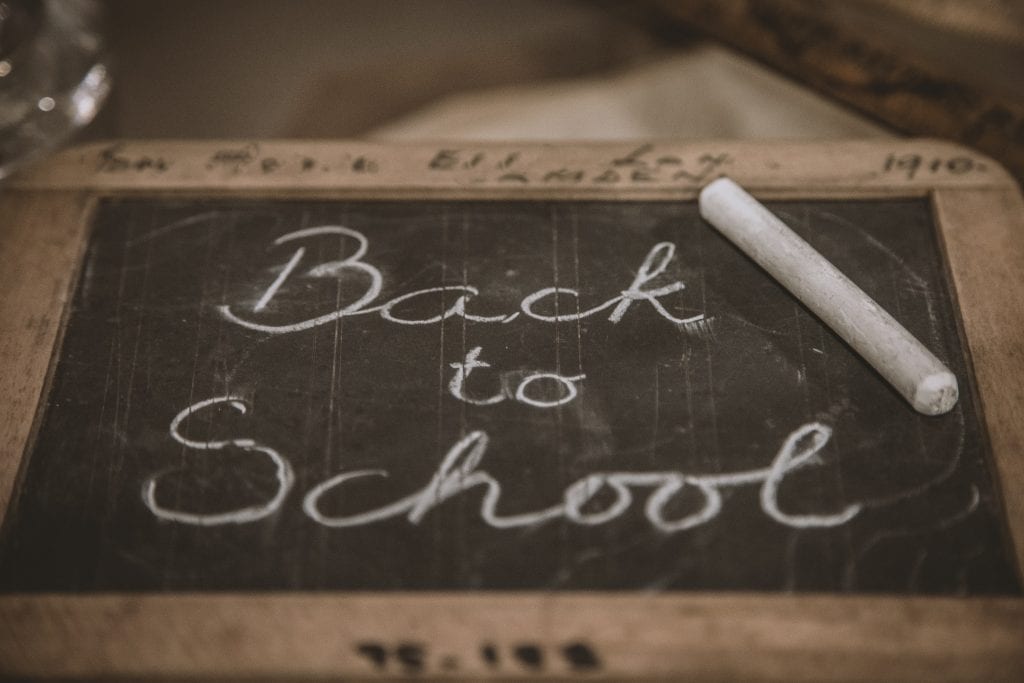Our littlest and biggest students are returning to school from Tuesday 26 May and the rest of the student body on Tuesday 9 June. It is important to think about how to tackle this transition period. Just as we made changes to facilitate remote learning from home, we should consider the possible issues that may arise as our children return to school.
Sleep
Sleep times may have changed with our children not having to be out of the house by a certain time during isolation. The cooler weather also makes it more enticing to sleep and stay in bed longer. Start the transition back to the new waking and sleeping times as soon as possible. The main thing is not to expect too much from your kids right now and go gently. No doubt being back at school will be physically and mentally exhausting at first.
Routine
You may have mirrored the school day at home during remote learning. If not, move your eating times to match the school snack and lunch. Pack some extra food for the first few days for those returning. If your kids haven’t been as active at home, they may have an increase in their appetite. Your child may also be feeling more tired than usual after school. Let them wind down in the way that suits them best.
Anxiety
Our children have gone through some big changes during the pandemic and it is reasonable to assume they may have some anxiety about returning to school. Younger children in particular may have fears of leaving you or be concerned about the status of their friendships. Older students may have anxiety over missing face to face school time when undertaking VCE. Whatever their age, the school will run differently to before so there will be many more changes for them to get used to. Open conversations about their anxieties and what the new ‘normal’ at school will look like may help them process them better.
Safety
Have the discussion again about the importance of good hygiene with your child: washing their hands, coughing into their elbow and following the rules the teachers outline. We know all these measures will make a difference in the fight against COVID-19 and keep our students and teachers safer.
Mental Health
You know your child best. The most important thing you can do for them during this transition is be available to them and mindful of the toll these changes may have. Be there to reassure them, to listen to their concerns, to give extra hugs and love. Our mental health is of the utmost importance. If you believe your child needs quiet time or a mental health day during the transition, that is your call as their parent or guardian.
And don’t forget to be easy on yourself too. There will no doubt be the whole gamut of emotions for all of us during this period but it is good to know we are not going through it alone.


